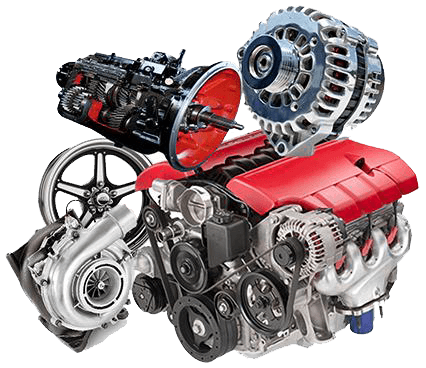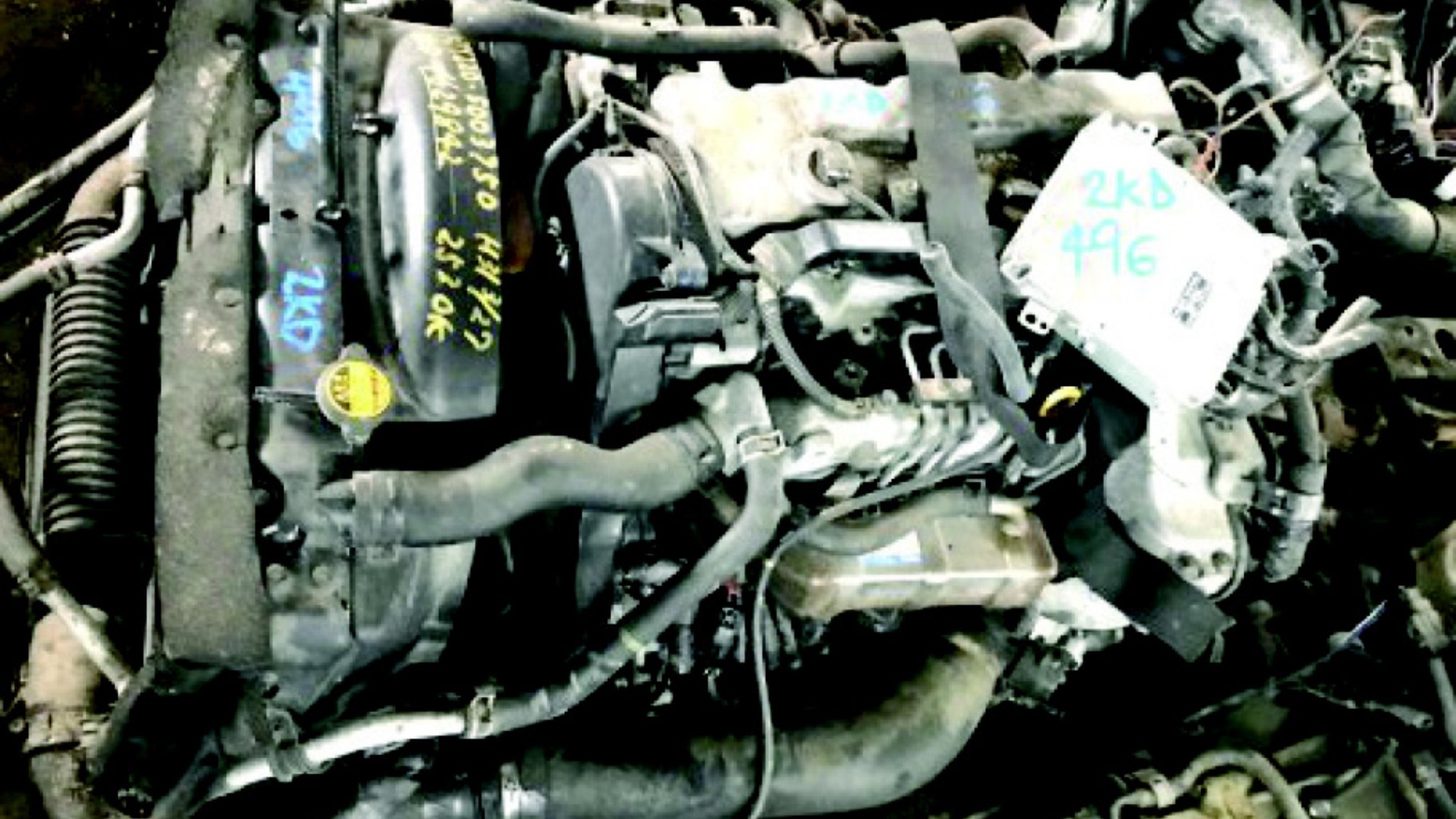Understanding the Long-Term Advantages of Purchasing Engines for Africa for Future Development
The possibility of buying engines for Africa-- covering innovation, education and learning, and facilities-- provides a compelling possibility for long-lasting growth and stability. By strategically enhancing these locations, nations can considerably enhance productivity and market accessibility, while all at once developing an experienced workforce with the ability of driving development. Such investments not just lead the way for lasting economic diversification however also strengthen resilience versus global obstacles. Nevertheless, the implications of these financial investments extend past instant advantages, increasing vital concerns about the future trajectory of African economies and their function in the global landscape. What paths might emerge from this foundational change?
Economic Security and Strength

Additionally, strength allows African nations to adapt to altering global characteristics, consisting of climate modification and technical improvements. By prioritizing financial diversification, countries can minimize dependence on a slim variety of fields, hence mitigating threats associated with financial declines. Financial investment in education, technology, and infrastructure further strengthens this strength, empowering communities to prosper despite difficulties.
Carrying out audio monetary plans and reinforcing monetary institutions are additionally vital methods for boosting financial security. These steps can assist in access to credit scores, boost cost savings rates, and promote efficient resource allocation. Eventually, a durable economic structure lays the foundation for lasting growth, guaranteeing that Africa can take advantage of on its enormous possibility while preparing for future uncertainties.
Job Creation Opportunities
A dynamic job market is vital for driving lasting growth and lowering poverty in Africa. Investing in engines for Africa, especially in fields such as agriculture, technology, and manufacturing, can significantly boost task development possibilities throughout the continent. As new sectors emerge, they require a labor force outfitted with diverse abilities, resulting in increased employment potential customers for regional populations.
These investments not just create straight job chances yet also boost secondary sectors. As an example, a burgeoning manufacturing sector can result in enhanced need for logistics, upkeep, and supply chain monitoring roles. This multiplier effect magnifies the overall work landscape, fostering a robust community where various industries grow collectively.
Additionally, raised job chances can promote entrepreneurship, as people with steady revenues typically seek to purchase their own services. This entrepreneurial spirit can give added employment methods, adding to a dynamic economic situation.
Eventually, by concentrating on task development through strategic investments, Africa can harness its capacity, guaranteeing that economic development translates into tangible benefits for its citizens - engines for Africa. In doing so, the continent can build a lasting future that prioritizes both economic advancement and social upliftment

Enhancing Education Equipment
Regularly enhancing education and learning systems is crucial for outfitting Africa's young people with the skills needed to prosper in a rapidly evolving job market. A robust instructional structure has to prioritize both academic quality and useful skill growth. By lining up educational programs with the needs of sectors, instructional organizations can better prepare trainees for future work opportunities.
Investment in teacher training programs is necessary to improve instructional high quality. Trained teachers influence trainees and foster vital reasoning, creative thinking, and analytical abilities. In addition, integrating employment and technical training right into the education system can provide students with tangible skills that fulfill market needs, thereby reducing young people unemployment rates.

In addition, boosting accessibility to education and learning, particularly in underserved and rural areas, is important. Methods such as mobile learning systems and community-based education and learning efforts can link the void, making certain that all youth have the chance to see it here do well (engines for Africa). Inevitably, a versatile education and learning system will certainly be a foundation for Africa's lasting development and advancement
Improvements in Modern Technology
Taking advantage of the power of innovation is transforming different industries across Africa, paving the way for development and development. The assimilation of sophisticated innovations such as expert system, big data, and the Web of Things (IoT) is revolutionizing sectors, boosting efficiency, and driving financial growth. These innovations are enabling businesses to improve operations, enhance decision-making processes, and foster a more open market setting.
In agriculture, for instance, accuracy farming methods powered by information analytics are enhancing crop yields and source administration. Similarly, the monetary market is seeing a rise in mobile banking and fintech solutions, which are boosting financial addition and providing essential services to underserved populaces. Moreover, the medical care field is benefiting from telemedicine and digital wellness records, boosting access to high quality treatment throughout remote locations.
As technology remains to develop, its effect on education and learning is also considerable, with e-learning systems broadening instructional opportunities. By buying these technical innovations, African nations can unlock brand-new financial possibilities, produce jobs, and raise living criteria. Welcoming development is necessary for lasting development, ensuring that Africa remains competitive on the worldwide phase.
Facilities Development Effect
The quick advancements in technology are closely intertwined with the urgent need for facilities advancement across Africa. As nations aim to improve their economic landscapes, purchasing robust facilities systems ends up being vital. Effective facilities-- making up transportation networks, energy grids, and communication systems-- assists in better access to resources and markets, ultimately bolstering performance and economic growth.
The impact of infrastructure development expands past instant economic benefits. It plays an important function in improving the lifestyle for residents by supplying crucial solutions such as tidy water, electrical energy, and healthcare. Enhanced framework promotes an atmosphere conducive to innovation, bring in investigate this site both foreign and neighborhood investments. This, in turn, develops jobs and lowers poverty line, thus transforming areas.
Additionally, strategic investments in framework can reduce the threats connected with environment change, as durable systems are important for adjusting to ecological difficulties. By focusing on lasting facilities advancement, African nations can make certain long-term growth and security. Ultimately, the interaction between technological improvements and infrastructure advancement is essential for realizing the continent's full possibility and attaining sustainable advancement goals.
Verdict
Finally, spending in engines for Africa-- incorporating innovation, education, and facilities-- presents considerable long-lasting benefits vital for sustainable growth. Such strategic financial investments foster financial stability and durability, produce task opportunities, and boost education and learning systems, inevitably leading to advancements in technology and framework development. The collective impact of these initiatives not only strengthens market access and resource circulation yet likewise settings African nations to thrive and adjust in a significantly dynamic worldwide landscape.
Financial security and durability are vital elements for sustainable growth in Africa, specifically as the continent looks for to harness its large resources and possibility. By prioritizing financial diversity, nations can decrease dependence on a slim range of industries, therefore reducing threats connected with economic slumps. Ultimately, a durable economic structure lays the foundation for sustainable advancement, making certain that Africa can utilize on its enormous possibility while preparing for future uncertainties.
Effective facilities-- consisting of transport networks, imp source power grids, and communication systems-- facilitates enhanced accessibility to resources and markets, ultimately boosting productivity and financial development.
Such calculated financial investments foster economic security and resilience, produce work opportunities, and boost education and learning systems, ultimately leading to innovations in technology and facilities growth.